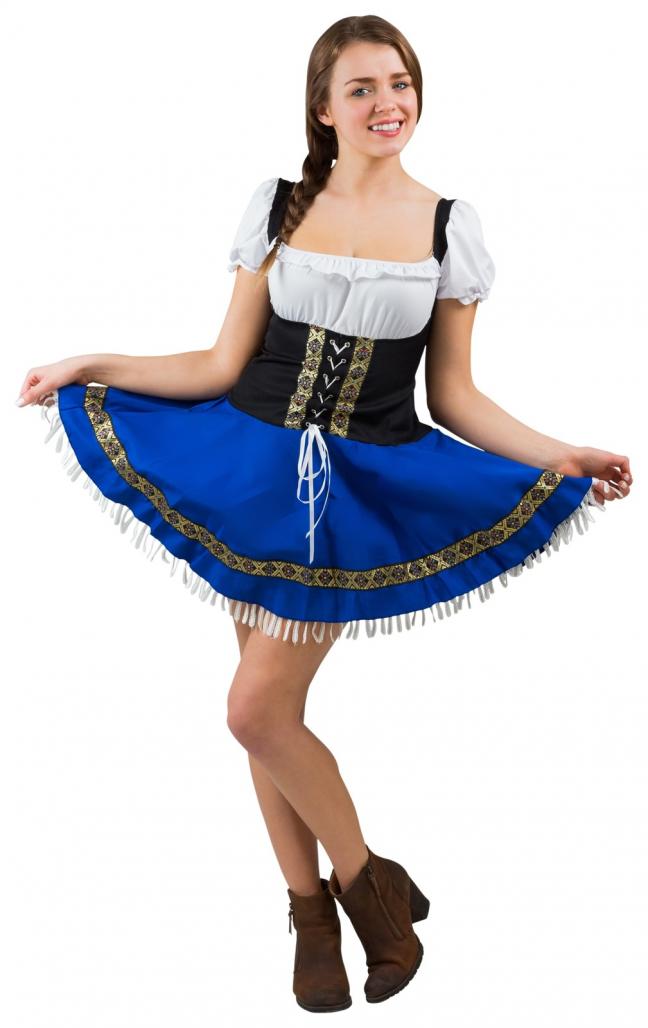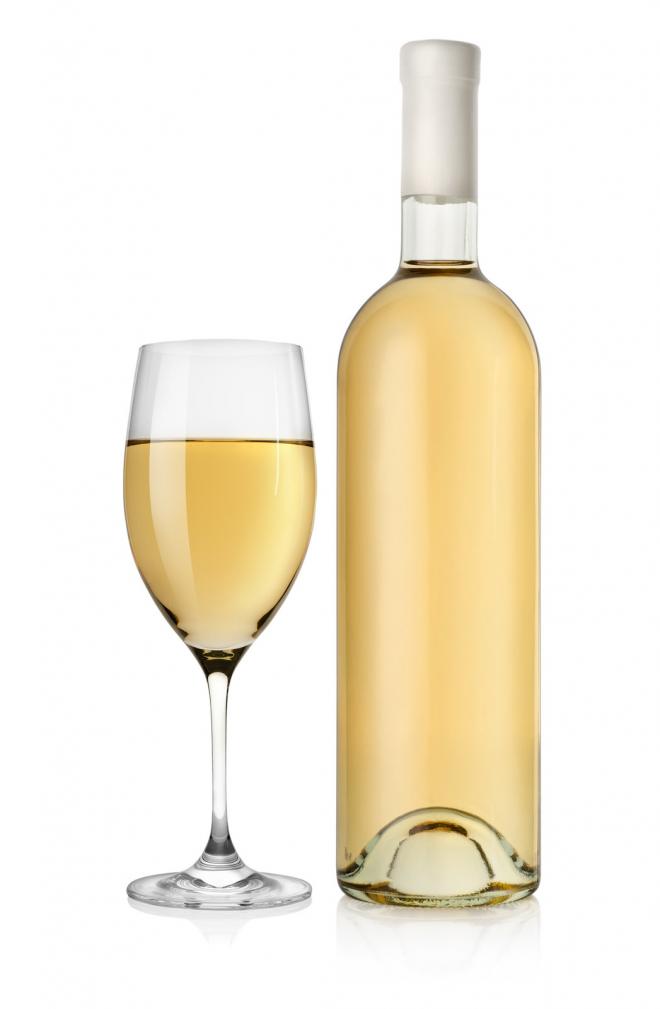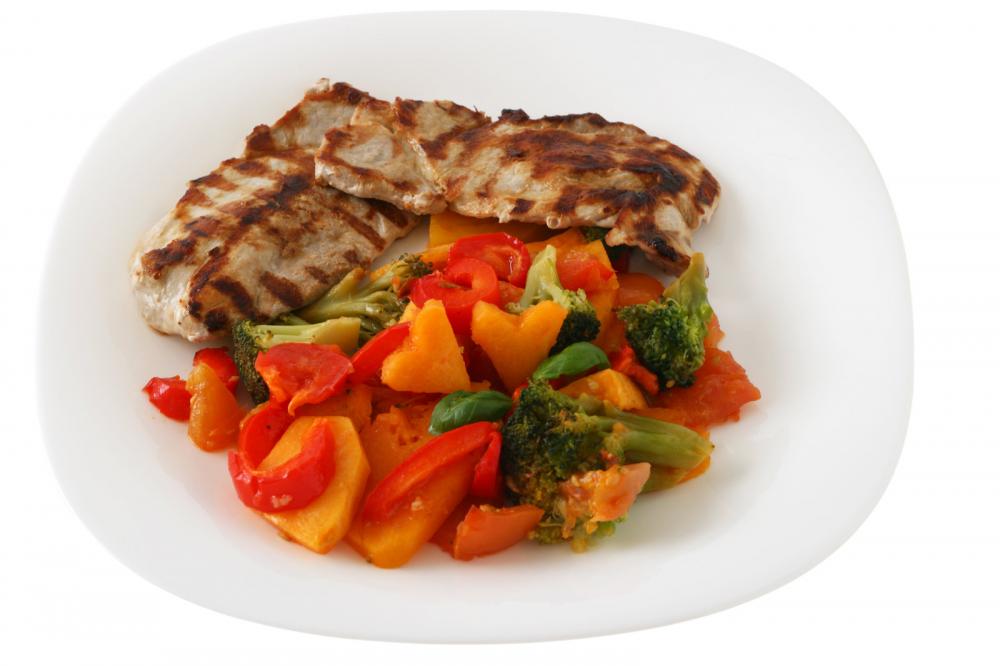20 German False Friends To Watch Out For
 When learning Germanic and Romance languages, English speakers are fortunate to find many “friends” or true cognates. These make memorization certainly a much easier task.
When learning Germanic and Romance languages, English speakers are fortunate to find many “friends” or true cognates. These make memorization certainly a much easier task.
On the other hand, there are also “false friends,” or words or expressions that look (and maybe sound) alike, but mean something else.
When the meanings are quite different, they can put you on a wrong track entirely. However, this very fact - once you realize your mistake - will also help you recall them better later on.
The “false friends” that sound alike in German as in English (even if spelled somewhat differently) pose a particular problem during conversations. You don't have much time to figure out their meaning from the context. When you read a text, on the other hand, you can look up the meaning at your leisure.
If you're traveling to Germany or meeting up with German-speaking friends or business partners, a quick look through the list beforehand may prevent some misunderstandings. There are quite a number of inexpensive “false friends” books on Amazon, just in case you'd like to discover more.
Here are twenty common German words and their English counterparts:
Identical Spelling – Different meaning
You'll notice that some words are pronounced exactly, or nearly, the same in English and in German - gift, mist, handy, spot, chef, rock - while others are spelled the same, but are pronounced differently - taste, rat, bad, etc.
das Gift (poison) - gift (das Geschenk)
Die Polizei fand Gift im Wandschrank.
(The police found poison in the wall cupboard.)
der Mist (dung, junk) - mist (der Nebel)
Räum doch gefälligst deinen Mist auf.
(If you don't mind, clean up your junk.)
das Handy (cell phone) - handy (adj, praktisch)
Hast du mein Handy gesehen?
(Have you seen my cell phone?)
der Spot (TV ad, spotlight) - spot (der Fleck, der Ort)
Hast du den neuen Spot von Apple gesehen?
(Did you see the new Apple TV ad?)
der Chef (boss) - chef (der Küchenchef)
Heute war unser Chef gar nicht im Büro.
(Today our boss wasn't in the office.)
der Rock (skirt) - rock (der Fels)
Meine Tochter hat sich einen neuen Rock gekauft.
(My daughter bought a new skirt for herself.)
die Taste (key [piano/computer]) - taste (der Geschmack)
Du musst diese Taste drücken.
(You have to hit this key.)
der Rat (advice, council) - rat (die Ratte)
Ich brauche deinen Rat.
(I need your advice.)
die Wand (wall) - wand (der Zauberstab)
Stell doch den Stuhl gegen die Wand.)
(Go ahead and put the chair against the wall.)
das Bad (bath) - bad (schlecht)
ein Zimmer mit Bad
(a room with bath)
der Stock (stick, floor level) - stock (der Vorrat)
Ich wohne im vierten Stock.
(I live on the fourth level.)
herb (dry, tart) - herb (das Kraut)
Das ist ein richtig herber Wein!
(That's a really dry wine!)
Modified Spelling – Changed Meaning
Even with different spelling, but similar sound, some German words can put you on the wrong track. The first one (“eventuell”) has definitely tripped up plenty of English and German speakers alike and caused confusion and misunderstandings.
And if you are trying to practice your best German by asking: “Das Menü, bitte,” you may just wonder why the waiter suddenly brings you the daily special and not the menu!
eventuell (maybe) - eventually (endlich)
Ja gut, das werden wir eventuell machen.
(Fine, maybe we'll do that.)
das Menü (daily special) - menu (die Speisekarte, das Menü [computer])
Zweimal das Menü, bitte.
(Two daily specials, please.)
aktuell (current, topical) - actual (wirklich)
aktuelle Nachrichten
(current news)
groß (big, tall) – gross (ekelhaft, grob)
Die Frau dort drüben ist sehr groß!
(The woman over there is very tall)
brav (well-behaved) - brave (tapfer)
Die Kinder waren heute sehr brav.
(The children were very well-behaved today.)
das Lokal (pub, bistro) - local (einheimisch)
Warst du schon mal in dem Lokal dort drüben?
(Have you been to that pub over there?)
das Gymnasium (high school) - gym (die Turnhalle)
Mein Sohn geht ins Gymnasium.
(My son attends high school.)

die Rente (pension) - rent (die Miete)
Mein Vater geht in Rente.
(My dad's retiring.)
When you're taking part in a conversation, language seems to race by at high speed. German, especially, poses a challenge because of its word order. You're often waiting for the verb at the end of a sentence to make sense of what was just said.
(With German double-digit numbers, you also have to wait, and listen for the second digit before you know what the number is.)
In a stream of words, familiar-sounding ones always provide momentary relief. However, when a word has a vastly different meaning from what you think, then what follows may not make much sense at all.
English and German have plenty more false friends (also called “false cognates”) than the ones listed above. With time you'll get to know many of them.
A good strategy is to always pay attention to the context. You may identify a word as a false friend, if it just doesn't seem to fit the context at all. And don't hesitate to ask for the meaning of a word, when it doesn't make sense to you!
True Cognates
German and English also share a large number of “true cognates” - words that are similar in form and meaning and have the same root.
When you google “English German cognates,” you'll find lists with hundreds of items. Even when there's been a sound shift, cognates are easy to recognize, such as:
• “das “Brot” (bread)
• “der Kuss” (kiss)
• “das Netz” (net)
• “das Papier” (paper)
• “der Stuhl” (stool, chair)
• “das Haus” (house),
Plus most of the numbers, and many more. Paying attention to both true and false cognates can provide you with an easy tool for memorizing German vocabulary.
You Want to Practice Your German?
Our games and travel-story based courses are also a great way to practice your German.
With our German 1 and 2 courses you'll learn and practice German for FREE - with stories of a young man traveling through Germany and - its sequel - solving a "Blüten"-mystery in Berlin. "The Story" and easy games will let you forget that you are actually learning German!
And you can also listen to both Stories by clicking on German 1 or German 2 on our Podcast page
If travel to Germany is in your near future, you may also enjoy our post: 4 Fun German Language Games Before You Travel.
